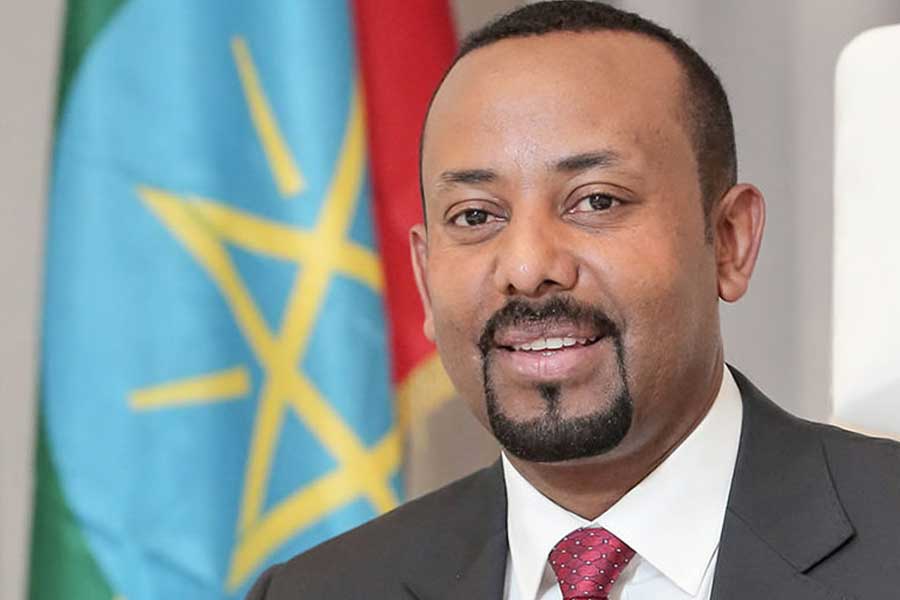
Fortune News | Oct 12,2019
Jan 7 , 2024
By Hintsa Andebrhan
In the shifting geopolitical reality of the Horn of Africa, recent developments point to a nuanced, yet potentially transformative, set of interactions involving Ethiopia, the self-declared state of Somaliland, and major international players, including the United States (US), the United Kingdom (UK), and various European countries.
Somaliland's quest for international recognition as an independent state, a status it unilaterally declared in 1991 following the collapse of the Somali government, is at the centre of the latest diplomatic tussle. Despite its self-governance and relative stability, Somaliland remains unrecognised by the international community, largely due to concerns about the implications of such a move on broader regional stability and the principles of international law.
Ethiopia, a key regional power, has historically maintained cordial relations with Somaliland, primarily driven by economic and security interests. The Berbera Port, strategically located by the Gulf of Aden, is a focal point of these interests. In 2018, Ethiopian authorities agreed to acquire a 19pc stake in the Berbera Port project, a venture mainly financed by DP World, a multinational logistics company based in the United Arab Emirates (UAE).
This investment was seen as part of Ethiopia's broader strategy to diversify its maritime access and reduce its dependence on Djibouti. However, details of Ethiopia's involvement in the Berbera Port project have remained somewhat opaque, with limited tangible progress observed since the initial announcement.
According to official statements from Somaliland, the recent developments suggest their country's deepening of ties with Ethiopia. Vital in the emerging partnership is the deal for Somaliland to grant a 20Km maritime access to Ethiopian naval forces, leased for a 50-year, in exchange for Ethiopia's formal recognition of Somaliland. The agreement, if realised, would mark a significant shift in the regional geopolitical terrain, potentially challenging the existing balance of power and the diplomatic status quo.
For Ethiopia, such a move could have far-reaching implications. While it offers a strategic advantage in maritime access, it risks undermining its longstanding commitment to the principles of the African Union (AU) Charter, particularly the organisation's rule on territorial integrity and the respect for existing borders. Ethiopia's potential recognition of Somaliland could be perceived as a departure from these principles, potentially inviting scrutiny and criticism from other African states and international bodies.
The role of the United States (US), the UK, and other European countries in these developments could be layered, to say the least. There are suggestions that certain political elites in these countries, along with think tanks and lobbyists, are encouraging Somaliland's quest for independence. This support, however, appears to be subtle, with no official recognition or direct intervention, possibly due to the sensitive nature of the issue and its implications for international law and regional stability.
The involvement of the US and other Western powers is often viewed through the lens of their strategic interests in the region, particularly about the Gulf of Aden, a vital maritime route for global trade and energy supplies. Nonetheless, official policy positions of these countries continue to align with the overarching principle of non-interference in the internal political affairs of sovereign states, by the Charter of the United Nations.
Ethiopia's domestic imperilments further complicate the situation. The country has been bogged down in internal conflicts and growing economic and diplomatic tensions. The decision to deepen ties with Somaliland and potentially recognise it as a sovereign state is a move that could have significant implications for Ethiopia's internal dynamics as well as its relationships with neighbouring countries and the broader international community.
PUBLISHED ON
Jan 07,2024 [ VOL
24 , NO
1236]


Fortune News | Oct 12,2019
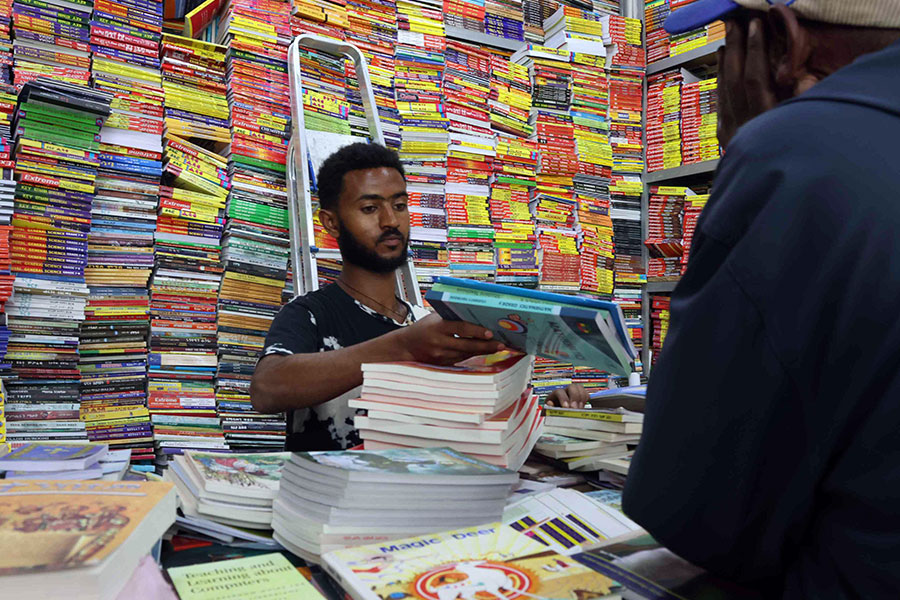
Agenda | Oct 13,2025

Advertorials | May 15,2023

Viewpoints | Sep 10,2023
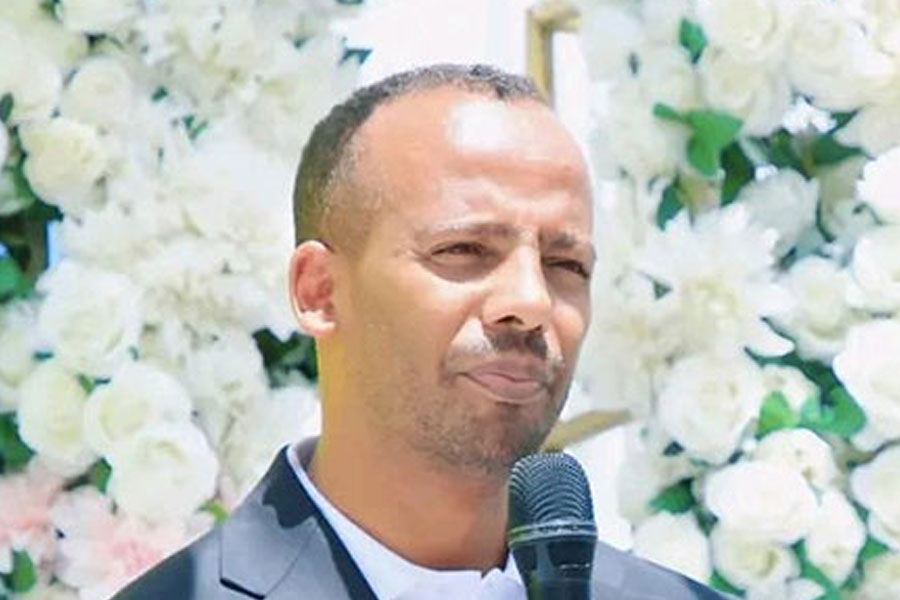
Fortune News | Aug 17,2025
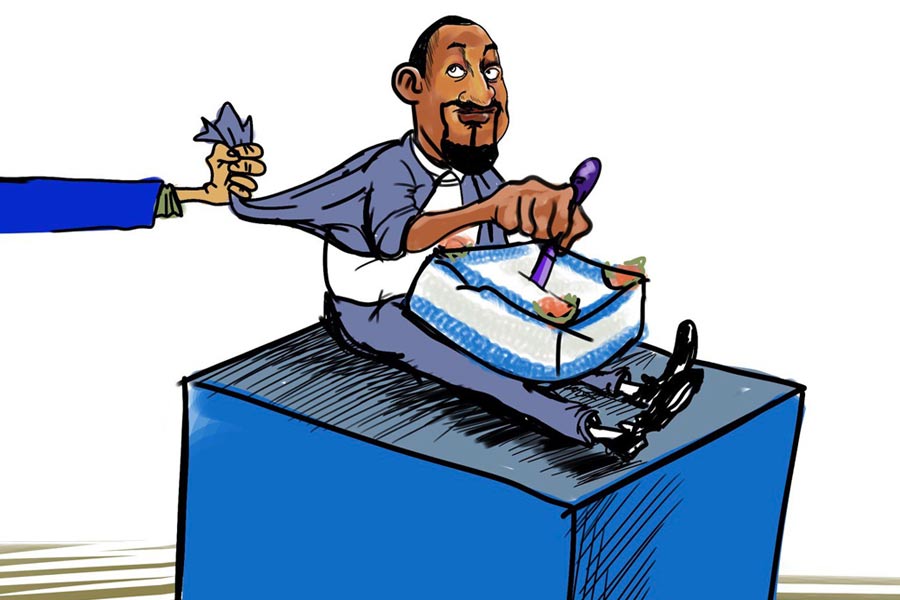
Editorial | Dec 30,2023
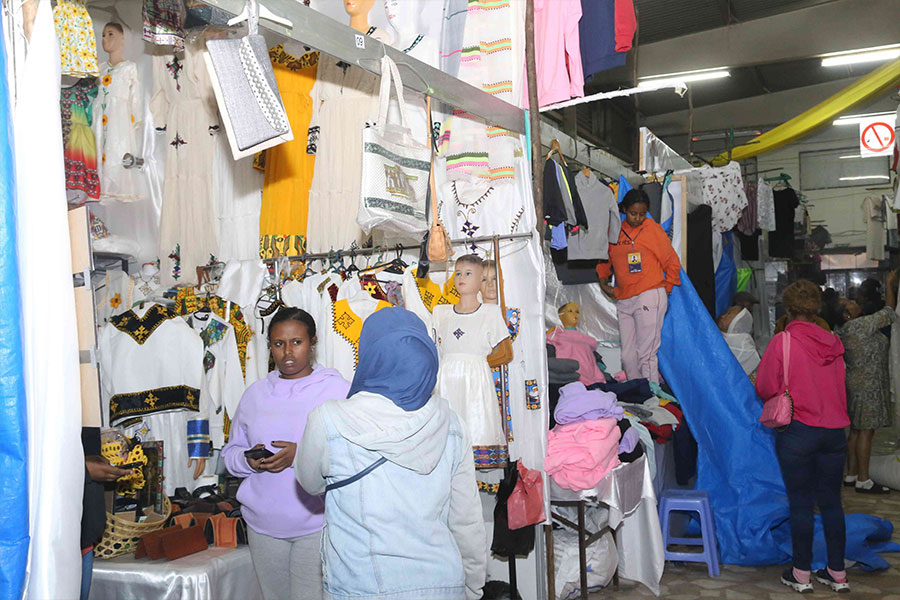
Agenda | Sep 10,2022

Fortune News | Jul 06,2025

Radar | Sep 14,2024

Commentaries | Jul 07,2024

Photo Gallery | 174608 Views | May 06,2019

Photo Gallery | 164833 Views | Apr 26,2019

Photo Gallery | 155037 Views | Oct 06,2021

My Opinion | 136695 Views | Aug 14,2021
Editorial | Oct 11,2025

Dec 22 , 2024 . By TIZITA SHEWAFERAW
Charged with transforming colossal state-owned enterprises into modern and competitiv...

Aug 18 , 2024 . By AKSAH ITALO
Although predictable Yonas Zerihun's job in the ride-hailing service is not immune to...

Jul 28 , 2024 . By TIZITA SHEWAFERAW
Unhabitual, perhaps too many, Samuel Gebreyohannes, 38, used to occasionally enjoy a couple of beers at breakfast. However, he recently swit...

Jul 13 , 2024 . By AKSAH ITALO
Investors who rely on tractors, trucks, and field vehicles for commuting, transporting commodities, and f...

Oct 11 , 2025
Ladislas Farago, a roving Associated Press (AP) correspondent, arrived in Ethiopia in...

Oct 4 , 2025
Eyob Tekalegn (PhD) had been in the Governor's chair for only weeks when, on Septembe...

Sep 27 , 2025
Four years into an experiment with “shock therapy” in education, the national moo...

Sep 20 , 2025
Getachew Reda's return to the national stage was always going to stir attention. Once...

Oct 12 , 2025
Tomato prices in Addis Abeba have surged to unprecedented levels, with retail stands charging between 85 Br and 140 Br a kilo, nearly triple...

Oct 12 , 2025 . By BEZAWIT HULUAGER
A sweeping change in the vehicle licensing system has tilted the scales in favour of electric vehicle (EV...

A simmering dispute between the legal profession and the federal government is nearing a breaking point,...

Oct 12 , 2025 . By NAHOM AYELE
A violent storm that ripped through the flower belt of Bishoftu (Debreziet), 45Km east of the capital, in...